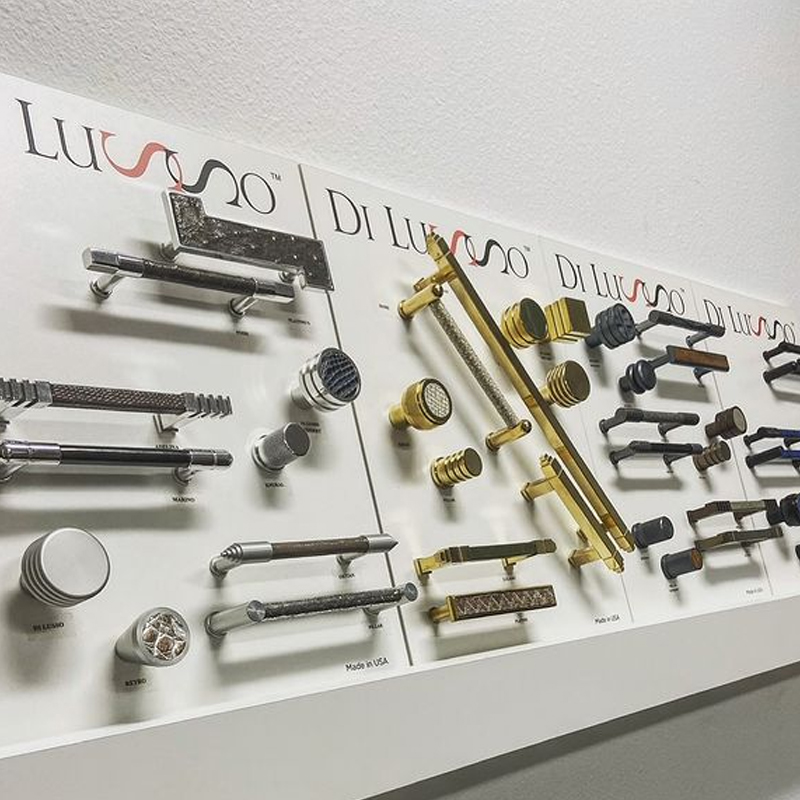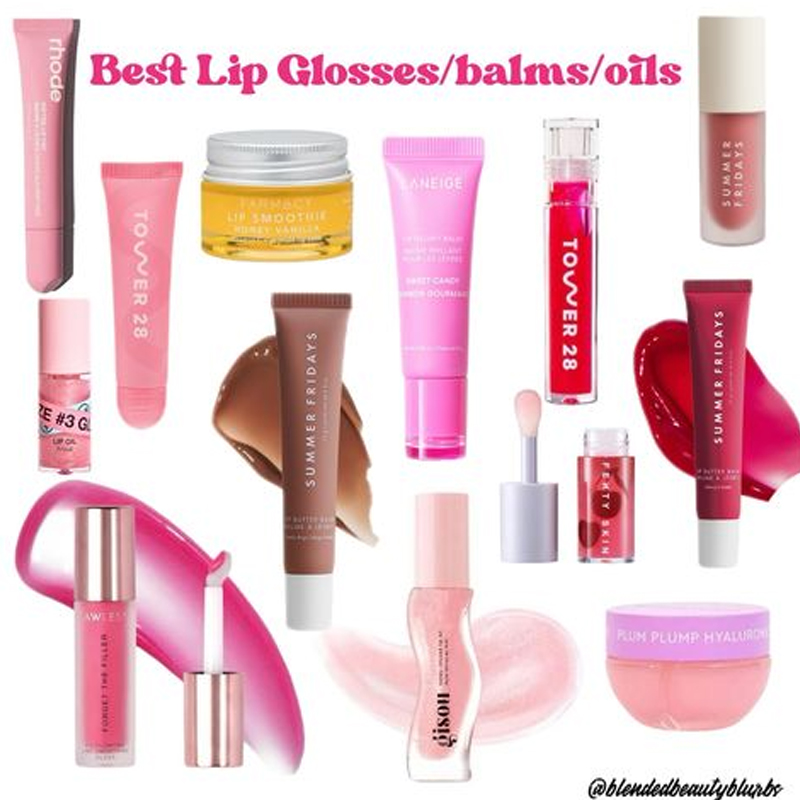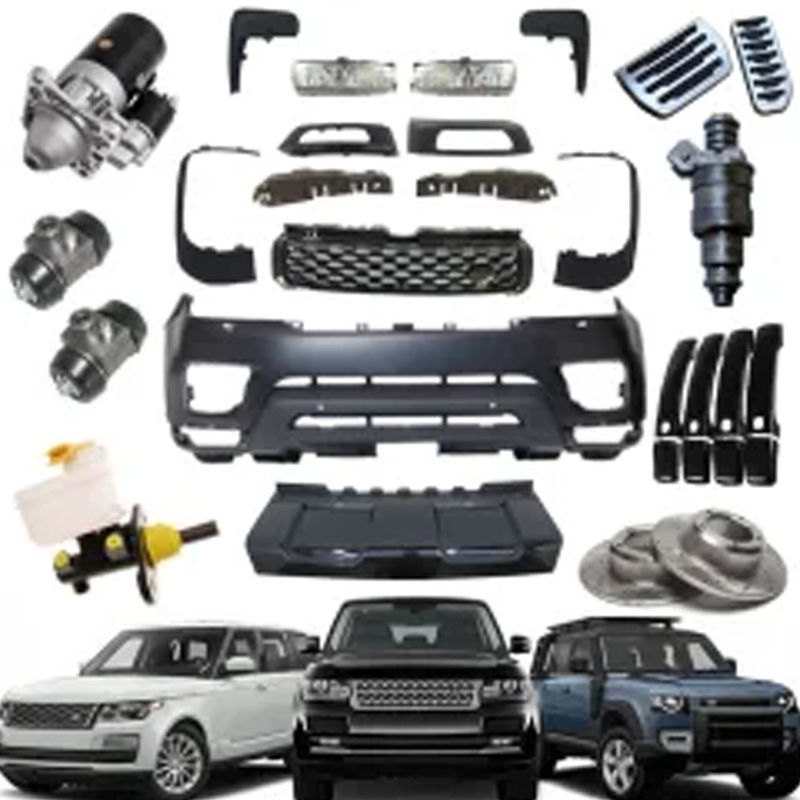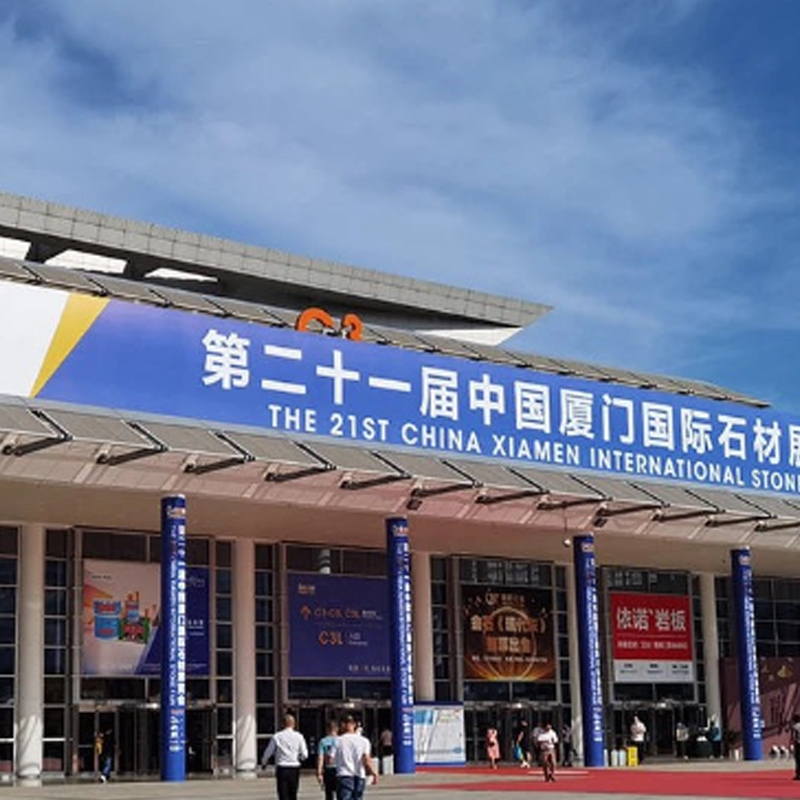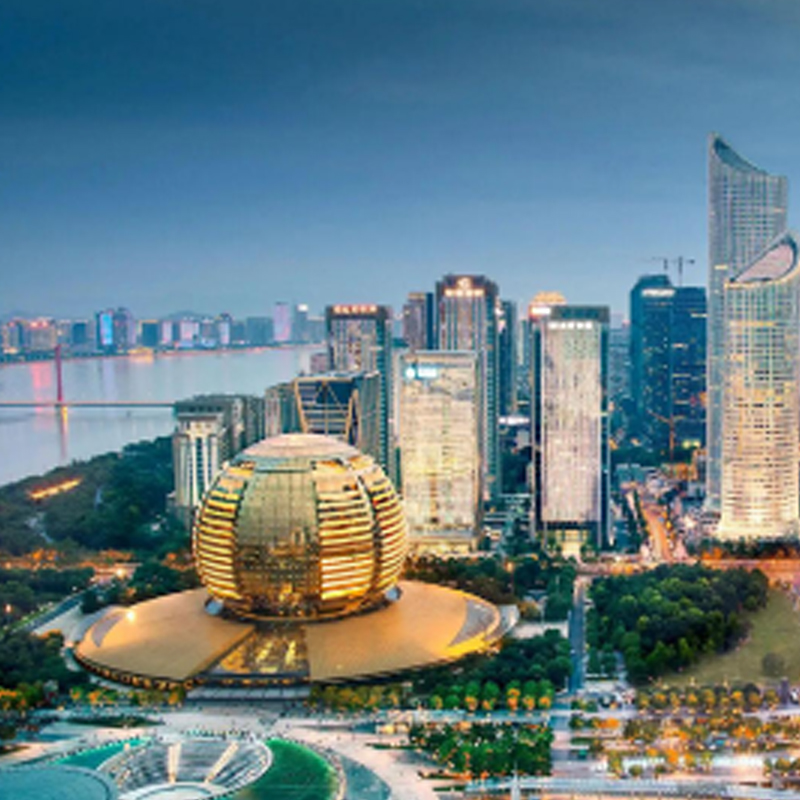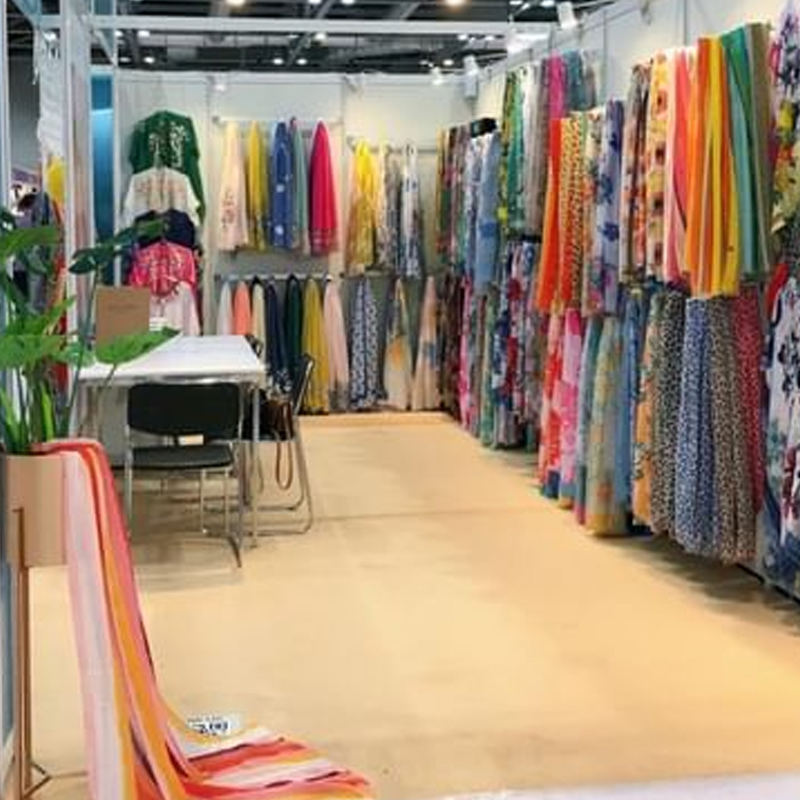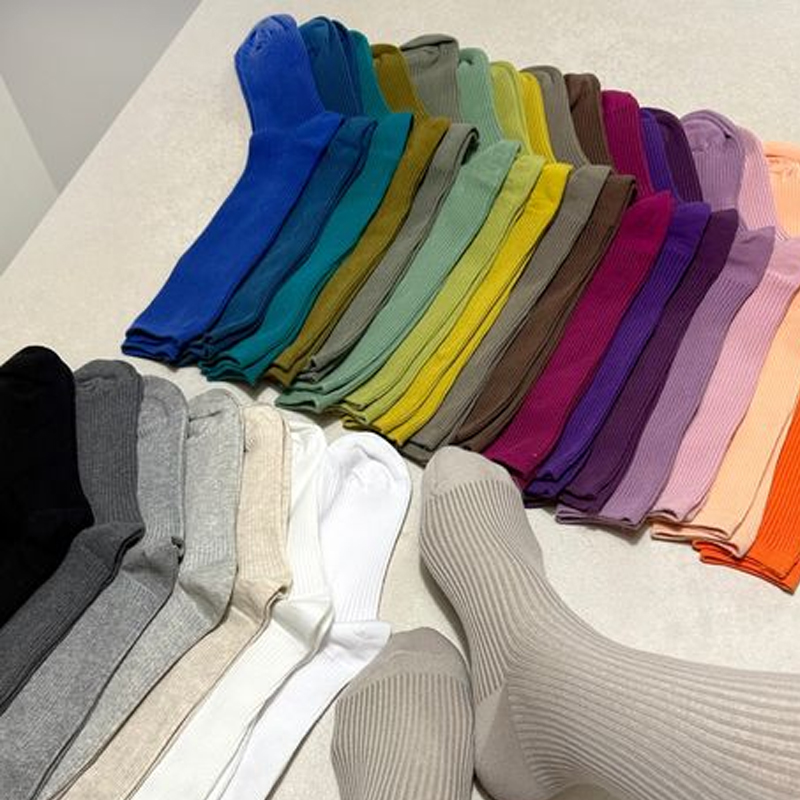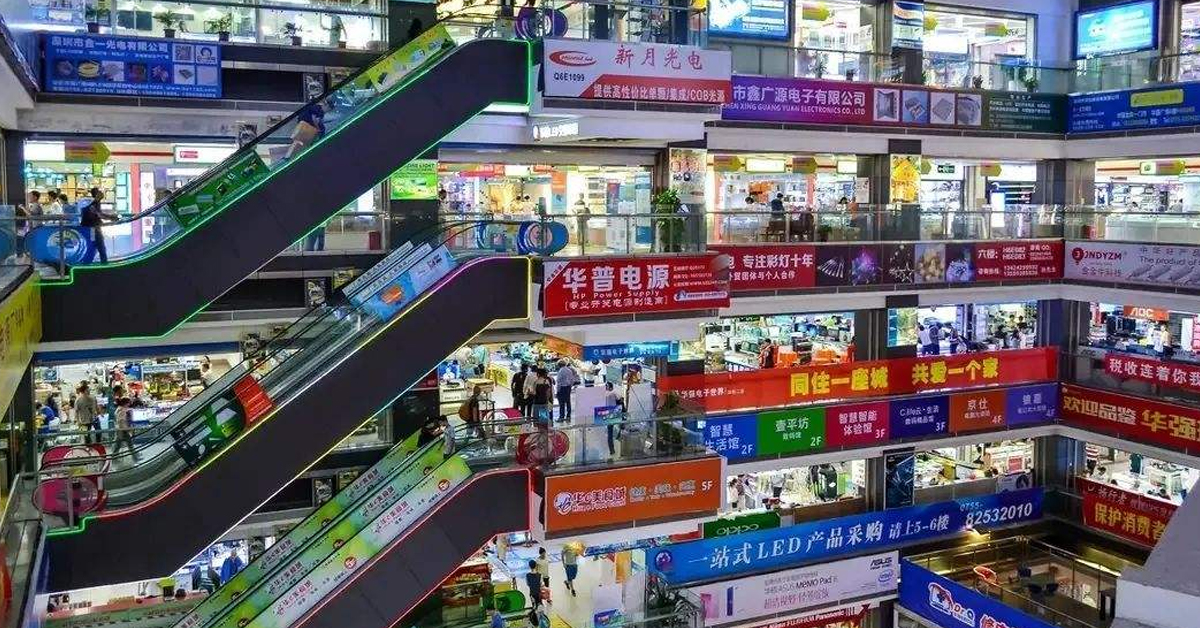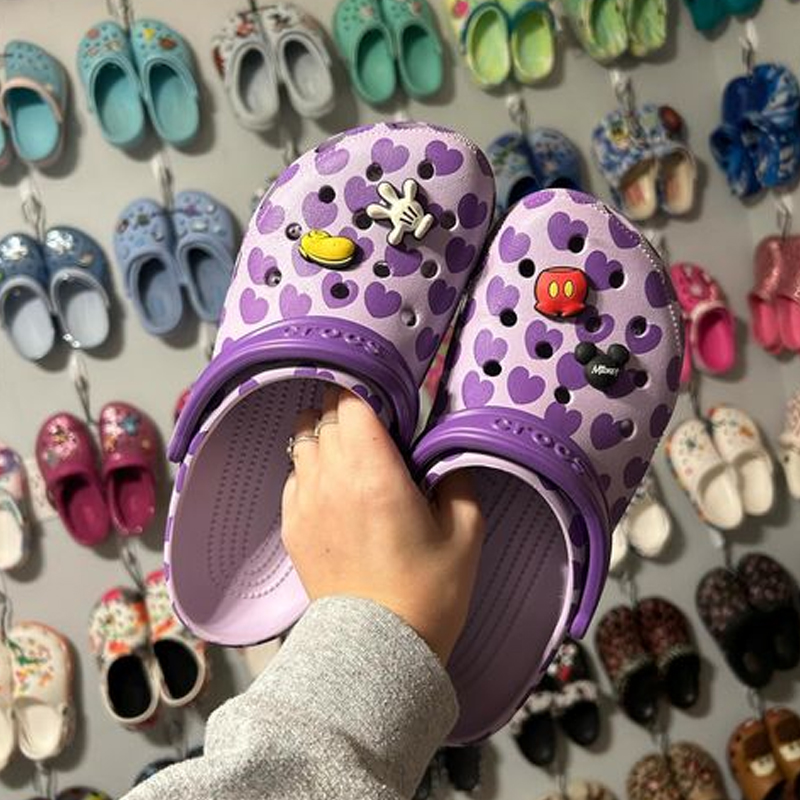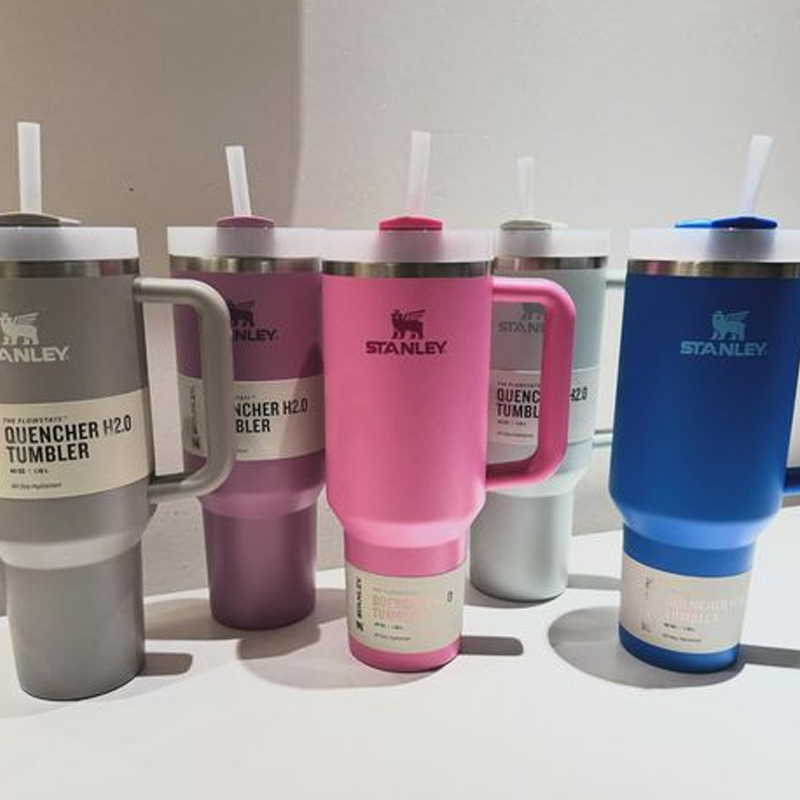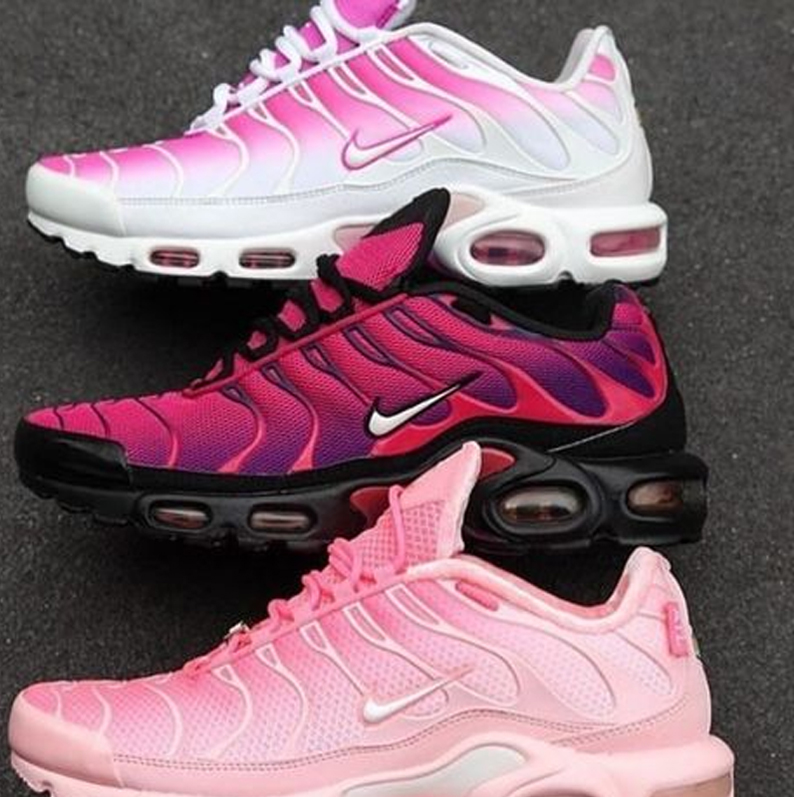Ever wondered how AliExpress manages to offer products at seemingly unbeatable prices? This comprehensive guide delves into the world of Chinese manufacturing, dropshipping, and the direct-to-consumer model that powers this e-commerce giant. We’ll explore the factors behind AliExpress’s low prices, from bulk purchasing to minimal overhead, and address important considerations like quality variations and shipping times. Whether you’re a savvy shopper or a budding entrepreneur, understanding the mechanics behind AliExpress’s pricing can help you make informed decisions and navigate this competitive marketplace.
Key Takeaways: The AliExpress Pricing Puzzle
- AliExpress leverages Chinese manufacturers and dropshipping to keep costs low
- Bulk purchasing and minimal overhead contribute to competitive pricing
- The direct-to-consumer model eliminates middlemen, reducing costs further
- Shoppers should be aware of potential quality variations and longer shipping times
- Understanding the AliExpress ecosystem can help consumers make informed decisions
How Does AliExpress Maintain Such Low Prices?
AliExpress’s ability to offer products at remarkably low prices stems from a combination of factors. First and foremost is its reliance on Chinese manufacturers who benefit from economies of scale and lower labor costs. These factories often operate with minimal overhead, allowing them to produce goods at a fraction of the cost compared to their Western counterparts.
Additionally, AliExpress utilizes a dropshipping model, which eliminates the need for inventory storage and management. This direct-to-consumer model cuts out middlemen, significantly reducing costs associated with traditional retail channels. The platform’s massive scale also allows for bulk purchasing, further driving down prices for consumers.
“AliExpress’s pricing strategy is a perfect storm of low-cost production, efficient distribution, and minimal overhead.” – E-commerce Expert
What Role Do Chinese Manufacturers Play in AliExpress’s Low Prices?
Chinese manufacturers are the backbone of AliExpress’s pricing strategy. These factories benefit from several advantages that allow them to produce goods at incredibly low costs:
- Low labor costs: Despite rising wages, China’s labor costs remain lower than in many Western countries.
- Government subsidies: Many Chinese manufacturers receive support from the government, further reducing their operational costs.
- Currency exchange rates: The Yuan’s valuation often works in favor of Chinese exports, making products cheaper for international buyers.
These factors combine to create a manufacturing environment where goods can be produced at a fraction of the cost compared to other countries. This factory-direct sourcing is a key component of AliExpress’s ability to offer such competitive prices to consumers worldwide.

How Does Dropshipping Contribute to AliExpress’s Cheap Prices?
Dropshipping is a business model where the seller doesn’t keep the products in stock. Instead, when a sale is made, the seller purchases the item from a third party and has it shipped directly to the customer. This model offers several cost-saving benefits:
- No inventory costs
- Reduced overhead expenses
- Minimal upfront investment
- Flexibility in product offerings
For AliExpress, dropshipping means they can offer a vast array of products without the need for warehousing or inventory management. This lack of middlemen in the supply chain translates to lower prices for consumers. However, it’s worth noting that this model can sometimes lead to longer delivery times and potential issues with quality control.
What Impact Does Bulk Purchasing Have on AliExpress Pricing?
Bulk purchasing is another crucial factor in AliExpress’s pricing strategy. By ordering large quantities of products directly from manufacturers, AliExpress can negotiate significantly lower prices per unit. This economy of scale allows them to pass on savings to consumers while still maintaining a profit margin.
The benefits of bulk purchasing extend beyond just lower costs. It also enables AliExpress to:
- Ensure a steady supply of popular products
- Reduce shipping costs per item
- Offer competitive pricing on a wide range of goods
However, bulk purchasing can sometimes lead to overstock situations, which may result in even deeper discounts for consumers as sellers try to clear inventory.
Are There Quality Concerns with AliExpress Products?
While AliExpress offers incredibly low prices, it’s important for shoppers to be aware of potential quality variations. The platform hosts a vast number of sellers, each with their own standards and practices. This can lead to inconsistencies in product quality across different listings.
Some factors contributing to quality concerns include:
- Lower quality control standards in some factories
- Use of cheaper materials to reduce costs
- Variations in manufacturing processes between suppliers
To mitigate these risks, AliExpress has implemented a rating system and buyer protection policies. However, it’s still crucial for shoppers to read reviews, examine product descriptions carefully, and manage their expectations when purchasing from the platform.

How Do Shipping Times Affect AliExpress’s Pricing Model?
One of the trade-offs for AliExpress’s low prices is often longer delivery times. Most products on the platform ship directly from China, which can result in shipping periods of several weeks to months, depending on the destination and shipping method chosen.
These extended shipping times allow AliExpress to keep costs down in several ways:
- Using cheaper, slower shipping methods
- Consolidating shipments to reduce costs
- Avoiding expedited shipping fees
While some customers may be willing to wait longer for a better price, it’s important to consider the impact of these long delivery times on the overall shopping experience. For time-sensitive purchases, the savings may not always outweigh the inconvenience of extended waiting periods.
What Should Shoppers Know About Counterfeit Concerns on AliExpress?
The issue of counterfeit products is a significant concern for many shoppers on AliExpress. While the platform has policies against the sale of counterfeit goods, the sheer volume of listings makes it challenging to police every item effectively. This can lead to intellectual property issues and concerns about product authenticity.
To protect yourself from counterfeit products, consider the following tips:
- Research the seller’s reputation and review history
- Be wary of prices that seem too good to be true
- Look for official brand stores on the platform
- Use AliExpress’s buyer protection features
It’s important to note that while counterfeit products may offer lower prices, they often come with risks such as poor quality, potential legal issues, and lack of warranty or support.
How Does AliExpress’s Competitive Marketplace Keep Prices Low?
The competitive marketplace on AliExpress is a key driver of its low prices. With thousands of sellers vying for customers’ attention, there’s constant pressure to offer the best deals. This competition benefits consumers in several ways:
- Drives prices down across the platform
- Encourages sellers to improve product quality and service
- Leads to a wider variety of products being offered
- Results in frequent sales and promotions
However, this fierce competition can also lead to some negative consequences, such as:
- Sellers cutting corners on quality to maintain low prices
- Increased prevalence of counterfeit or knock-off products
- Limited customer service as sellers try to minimize costs
Shoppers should be aware of these dynamics when navigating the AliExpress marketplace and make informed decisions based on their priorities.
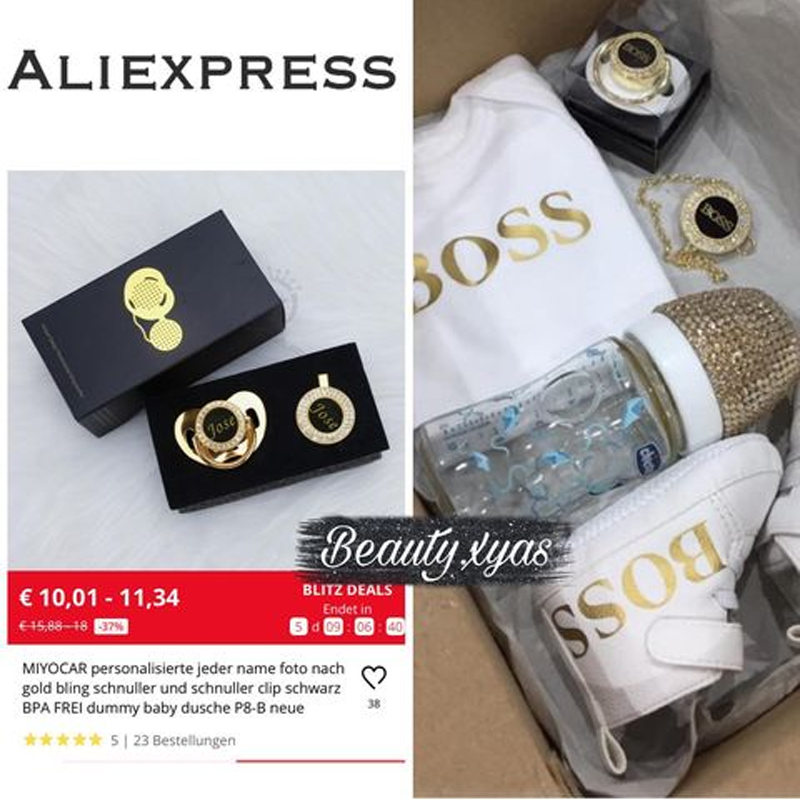
What Hidden Costs Should Shoppers Be Aware Of?
While AliExpress is known for its low prices, there are several potential hidden costs that shoppers should consider:
- Import taxes: Depending on your country and the value of your purchase, you may be liable for additional taxes or customs fees.
- Shipping fees: While many items offer free shipping, some may have additional charges, especially for faster delivery options.
- Return shipping costs: If you need to return an item, you may be responsible for the cost of shipping it back to China.
- Currency conversion fees: Your bank or credit card company may charge fees for international transactions.
It’s also worth considering the potential costs associated with product quality issues or delays. While AliExpress offers buyer protection, dealing with returns or disputes can be time-consuming and potentially costly.
How Can Businesses Leverage AliExpress’s Low-Cost Model?
For entrepreneurs and small businesses, AliExpress presents unique opportunities to source products at competitive prices. However, it’s crucial to approach this strategy with caution and thorough research. Here are some ways businesses can leverage AliExpress:
- Dropshipping: Use AliExpress as a supplier for your e-commerce store
- Product research: Test new product ideas with minimal investment
- Sourcing components: Find low-cost parts or materials for manufacturing
- Market analysis: Study pricing trends and popular products in your niche
While AliExpress can be a valuable resource, businesses looking for more reliable and consistent sourcing might consider working directly with Chinese manufacturers. This is where services like BuyFromChinaDirect can be invaluable, offering expertise in factory-direct sourcing and helping businesses navigate the complexities of international trade.
By partnering with a sourcing expert, businesses can benefit from:
- Better quality control measures
- More reliable shipping and logistics
- Customization options for products
- Stronger relationships with manufacturers
Whether you’re a shopper looking for great deals or a business owner seeking to optimize your supply chain, understanding the factors behind AliExpress’s low prices can help you make more informed decisions in the world of e-commerce and international trade.


